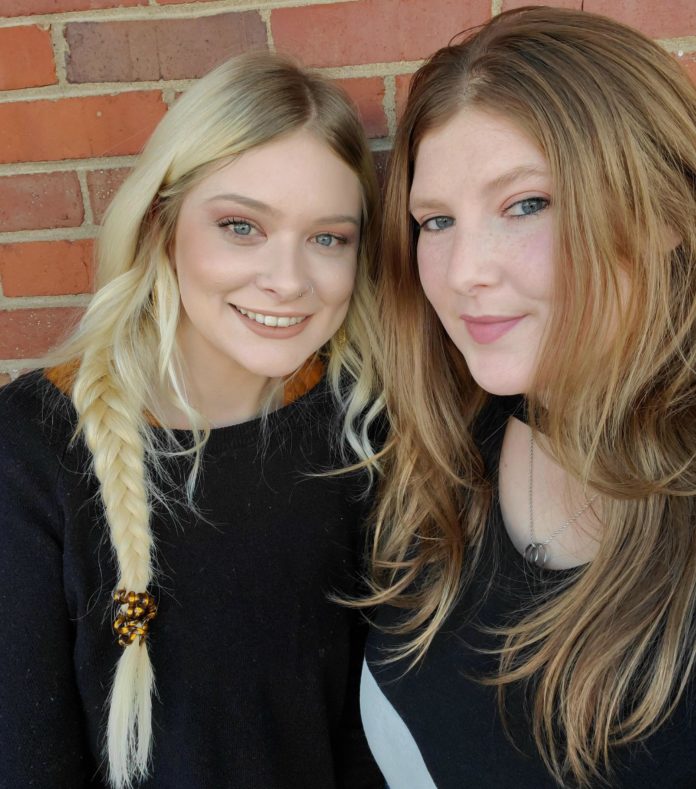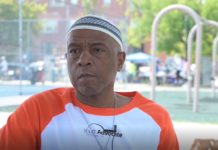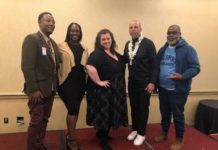Ashley Randall and Delaney Harris turn pain into passion for helping others
Lexington, Kentucky – Ashley Randall and Delaney Harris have experienced most of the things the youth and their families they serve have. That’s what makes their bonds with those in their programs so special. Both experienced trauma as children that spurred them into advocating for young people.
Randall serves as Kentucky Youth Advocate Programs (YAP) Inc.’s Program Director for the Alternatives to Detention, Prevention/Diversion, and School Based Mentoring Programs. Harris, Randall’s coworker, oversees the nonprofit’s School Based Mentoring Program in Fayette County, Kentucky. YAP is a high-impact social justice nonprofit that partners with youth justice, child welfare and other social services systems in 31 states and the District of Columbia to provide community-based alternatives to youth incarceration, out-of-home placement, and neighborhood violence.
Randall says as a child, she suffered from sexual, physical, and emotional parental abuse. Born in Illinois, Randall’s parents abandoned her and gave guardianship of her to a family friend in Missouri. Her father got custody of her at age 8, moving her to Illinois, before she was sent to live with her biological mom in Memphis whom she had not seen since infancy. While in Memphis, Randall attended several schools where she recalls being the only white student and teased because of it.
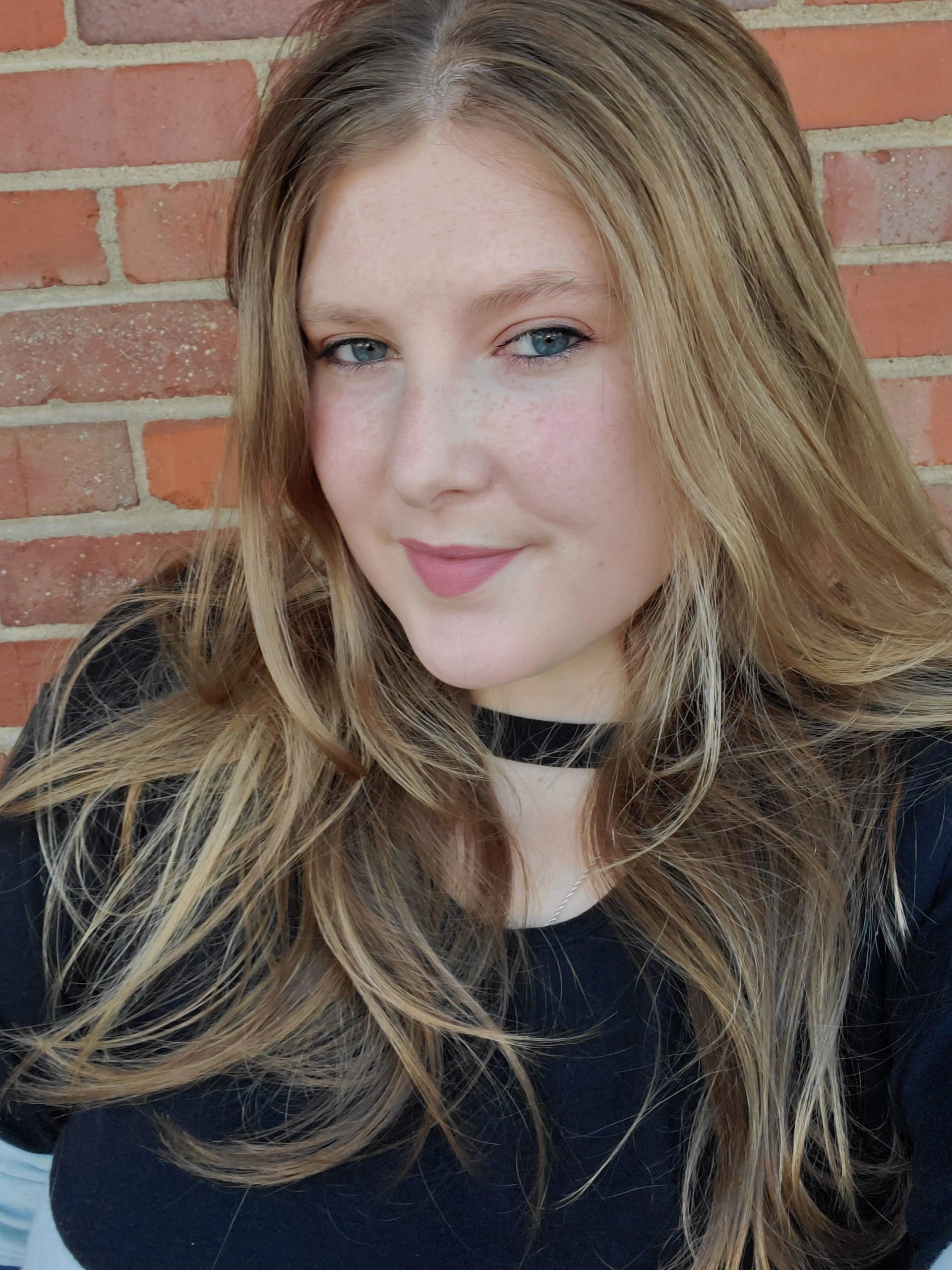
“I went to three different schools in three months,” Randall explained. “Then a young girl befriended me, but she was really trying to traffic me for her uncle. I was living an absolute miserable life.”
Randall also ended up living in Wisconsin for a week with her mom before they moved back to Tennessee. She would eventually live with her maternal grandfather in Kentucky for two years before he passed away. Guardianship was taken from her mother and father. Eventually a couple she babysat for received guardianship of her for three years before she got pregnant at 16 and moved out on her own.
“I was one of those YAP kids,” Randall said. “I was scared about where I was going to live.”
Like Randall, Harris had a difficult childhood. At age 11, she was sent to a juvenile detention center for running away from home. She said she remained in the foster care system until she was 17 where she and her only sibling were separated, living in different group homes. While in the system, Harris said she suffered from abuse, was discriminated against because of her sexuality, and experienced many other trauma related incidents.
“I was put in nine different homes and I ran away from eight,” Harris said. “When I exited foster care my dad committed suicide and then just a few years later my mom died of cancer. I’ve been on my own since I was 17.”
Born in Little Rock, Arkansas, Harris also lived in Phoenix until she was 8, then returned to Arkansas until she was 12, and then moved to Kentucky where she lives now.
“I was in 14 different high schools by the time I was supposed to be a senior,” she said. “Nobody was transferring records. I had to drop out and get my GED.”
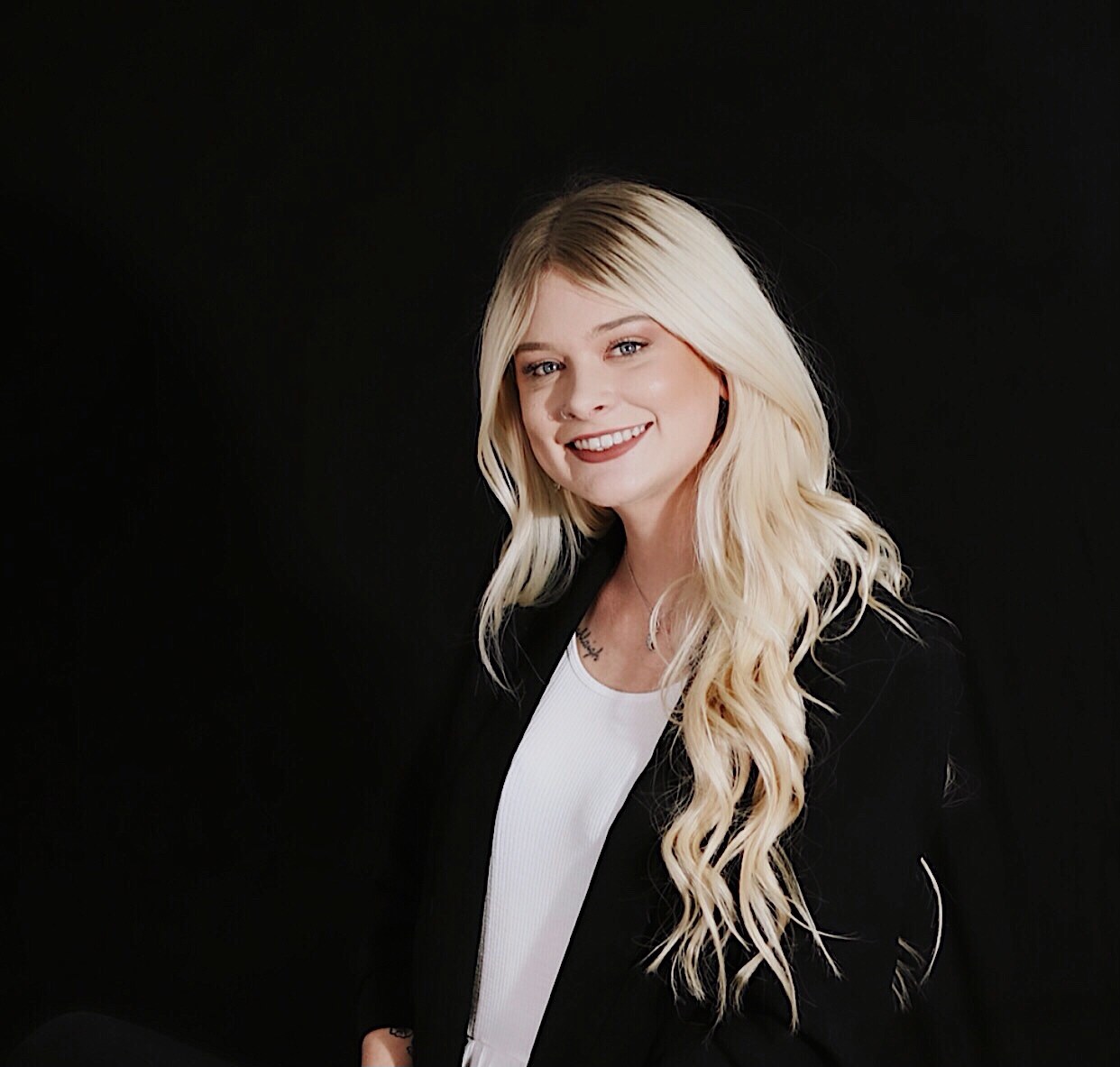
Growing up in foster care had a tremendous effect on Harris’ social skills because as a teenager she wasn’t allowed to have a cell phone or utilize social media.
“Before foster care I had a lot of friends and was very social, but when I came out I didn’t have any friends,” Harris said. “Nobody wants to be friends with someone who can’t hangout or text on the phone.”
Her background is what sparked her to seek employment at YAP. She previously worked as a preschool teacher, but her mother’s death prompted her to make a career change.
“I was an at-risk teenager so it’s definitely rewarding to be able to work with kids this closely in some of the same circumstances that I found myself in as a kid,” Harris said. “I had a lot of social workers, but I never had somebody that was just there for me. I didn’t have anyone advocating for me or wanting to hear my side of the story. That’s a big reason why I do this job, is to be someone who I needed when I was younger.”
Harris and her ex-wife adopted a daughter who was in foster care and she also became a licensed therapeutic foster parent.
Randall is married with six kids. She and her husband are also former foster parents. Harris and Randall share a close bond as both friends and colleagues.
“Ashley and I started together at YAP basically at the same time,” Harris said. “We have walked in the fire and the rain together. We have been in crisis situations until 2 a.m. On more than one occasion I’ve seen (Ashley) put herself out there for our kids.”
Randall said working at YAP is a personal mission for her and Harris.
“We serve a population of youth that otherwise don’t get the additional support that they need,” she said. “We wrap around the kid and the family. I just don’t think there’s anything else out there like that. We hone in on the kids’ strengths and their interests. We help strengthen their family unit.”
YAP’s Midwest Regional Director Jamaal Crawford said Randall and Harris are dedicated to the mission of YAP and are passionate.
“Ashley goes above and beyond in providing the best quality of services to our youth and families,” Crawford said. “She cares about her community and wants to be a part of making it better. Delaney continues to show investment in her work by putting 110% in everything she does. She is a positive role model for the Advocates she works with as the youth that she works with.”
Randall said her adoptive parents encouraged her to take everything negative she’s been through and turn it into something positive.
“That’s what I’ve tried to do,” Randall added. “This work is so rewarding, even if I can just help one kid. We will be serving our community and YAP as long as YAP will allow us. We’re passionate about it.”
Harris agrees.
“We’re not just a bunch of stuffy adults that are in the office telling you what to do,” Harris said. “It’s important that we can relate to these kids. I’ve walked this path and been there and now I can help them also walk through it.”
Learn how you can join the YAP team or support the nonprofit’s mission at www.YAPInc.org. Follow the organization on Twitter @YAPinc.

